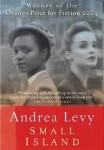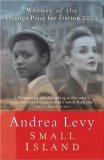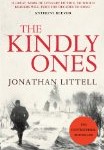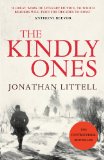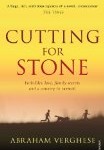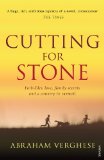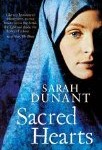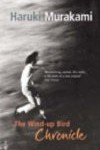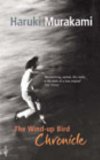Winner of the 2004 Orange Prize, Winner of 2004 Whitbread Prize (now Costa)
Small Island is a book I have been meaning to read for a very long time, but for some reason it never really grabbed my attention and kept sinking down the TBR pile. In an effort to prevent it from becoming lost forever under stacks of books I made a conscious decision to read it, but it still took me three months to finally start!
Small Island follows the first wave of Caribbean immigrants as they move from Jamaica to the UK. The book centres on four characters: Jamaican newly-weds, Gilbert and Hortense; and English couple, Queenie and Bernard. Bernard has failed to return from WWII and so Queenie lets rooms in her house to the Jamaican couple. We discover their complex relationships as well as their individual feelings as they cope with the effects of war and moving to a new country. The plot travels forwards and backwards in time, describing their lives before, during and after the war, but the main theme of the book is the racism encountered in both countries.
The pace of the book was gentle and I’d describe it as charming rather than the more intense book I was expecting. The plot held my attention, but although I was entertained all the way through I didn’t encounter anything that really bowled me over.
The narratives of the women were well done, but I found the male characters to be less convincing and almost boring in places. Bernard’s section was the weakest and I question its inclusion in the book.
I also found the book lacked vivid descriptions – I couldn’t picture the Jamaican scenes and I’d have had no idea where in the world they were if I hadn’t been told. These are minor quibbles really – a 560 page book has to be very good to provide an interesting plot throughout.
Recommended to the few people that haven’t already read it!
I have reserved a copy of The Long Song from the library and will be interested to see if it is good enough to win this year’s Orange prize.
Have you read Small Island?
Which is the best Andrea Levy book you have read?
